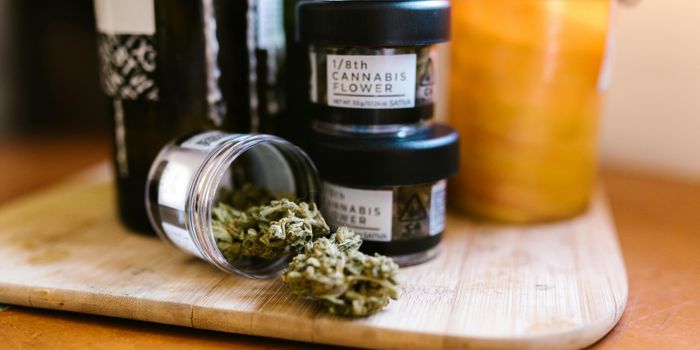Study Explores Substance Use and Mental Health Interventions Experienced by Young People With Early-onset Psychosis
A Southern Methodist University (SMU) research study examined the perceptions of patients with early-onset psychosis and focused on study participants' views on substance use and psychosis treatment. One common symptom of psychosis is experiencing a cognitive disconnect with reality. Early onset symptoms often manifest in young adulthood (late teens and older). The findings published in Early Intervention in Psychiatry indicate that although study participants diagnosed with early psychosis received medical advice regarding substance use abstinence as part of effective treatment, many expressed ambivalent feelings about changing their consumption patterns.
Participants were patients (ages 18-30 years) participating in SMU's Coordinated Specialty Care (CSC) programs, which offer outpatient mental health care to those manifesting symptoms of early-onset psychosis. The researchers conducted 60-90 minute person-centered, semi-structured, audio-recorded Zoom interviews to explore the study participants' motivations and concerns surrounding substance use.
Many participants reported a practical understanding of the importance of limiting or stopping substance use to reduce the risk of psychosis, but they also had mixed feelings about stopping. Other feedback obtained from interview analysis emphasized participant recommendations to enhance substance use awareness campaigns, develop peer communities promoting wellness, and provide alternative strategies for managing psychological and physical pain. Early intervention for psychosis can make a significant difference in proactive symptom management and prevention.
Specialized interventions that focus on substance use are critical for these young adults, given increases in this population's use of cannabis and other substances. According to study author Dr. Neely Myers, "Adolescents can look at substance use as a way to be social and manage their own health—for example, to reduce anxiety or physical pain–but using substances like cannabis can worsen their condition. More research is needed to understand why so that early intervention programs can better support young people's mental health." The study provides insights into social, contextual, mental, and physical factors influencing substance use patterns (why individuals start, sustain, and stop use). The findings can inform public health initiatives and specialized support services for minimizing the risk of early-onset psychosis.
Sources: Early Intervention in Psychiatry, Eureka News Alert








